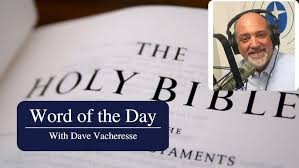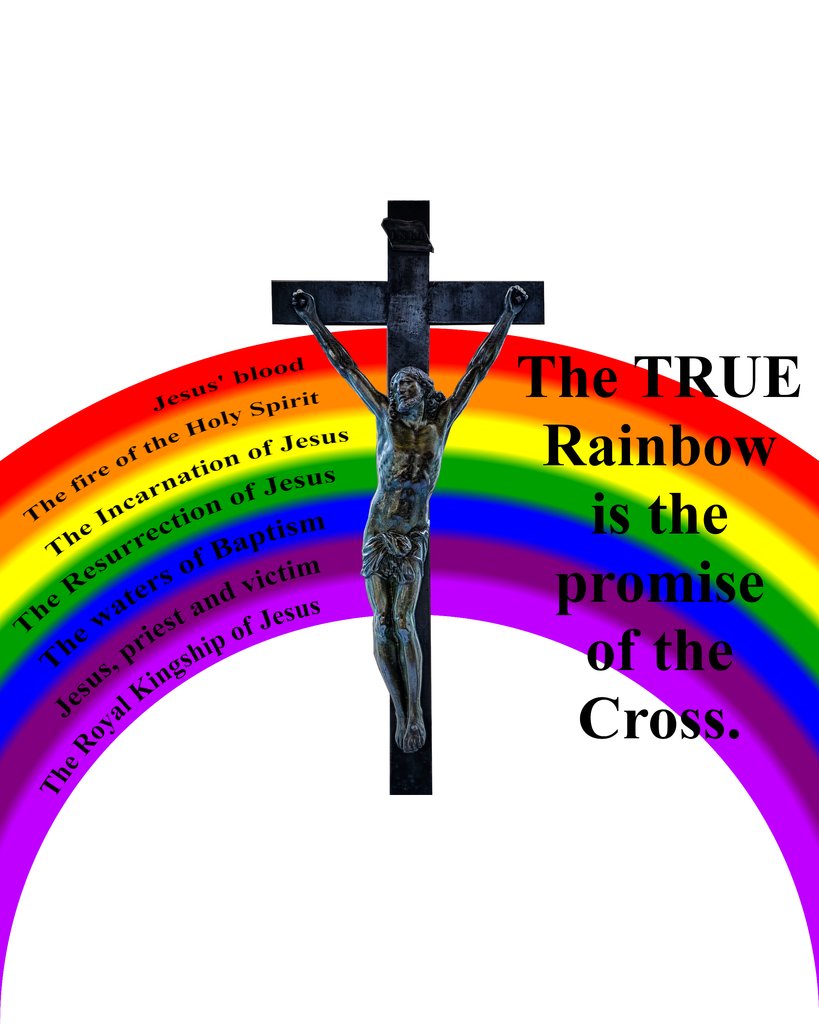dotCommonweal is dotDemented
Listen folks, I don’t have many rules of thumb, but I have some. One is that if Fr. James Martin, S.J. of America magazine and I both think you are off your rocker, you must really be in the deep end of the crazy pool.
Even Fr. Martin has to shake his head at the insanity going on at dotCommonweal. Paul Baumann lambastes the Rev. Robert Imbelli, professor of theology at Boston College for posting an excerpt from what Fr. Imbelli thought to be a “moving” talk by Pope Benedict XVI on the occasion of his becoming an honorary citizen of Freising.
In the snippet, the Pope waxed nostalgic for his post war seminarian days in Friesing saying “At the seminary we were one family.” Freising, he said, “became a real homeland to us, and as a homeland it lives on in my heart.”
These comments are as innocuous and understandable as can be for any octogenarian, even the Pope. But no. This is how the lunatics at dotCommonweal see it.
It was curious, at least to me, that Benedict spoke nostalgically of what was in fact a desperate and nightmarish time. One explanation for this, of course, must have been his relief that the war was over and the Nazis vanquished. Still, most of Germany lay in utter ruins, tens of millions of Germans were dead, and millions more forcibly displaced or imprisoned. Hundreds of thousands of German women had been raped. The Jews of Germany had been almost entirely exterminated. Yet the pope hints at little of this in his recollections of a somehow still pristine postwar Bavaria. Instead, and in familiar Ratzinger fashion, we get a paean to an idealized version of German village life–“of being part of a whole”–before the disruptions and depredations of our modern, technological age. Benedict’s admirers cast him as forward-looking, but that is hard to square with his ardent longing for the “old rite[s]” and venerable “homeland” of his German youth, and his determination to leave unmentioned the poisonous ethnic, cultural, and political hatreds that destroyed the world he idealizes. (Freising is but a stone’s throw from Dachau.)
An eighty year old man has fond memories of his post-war youth and we must be reflexively reminded that the Pope is German and most likely a Nazi. The proximity to Dachau statement is just insane. But the insanity doesn’t stop there. In the combox on this outrageous post, Peter Steinfels of Commonweal, downplays the Nazi connection of the Pope only to accuse the uncritical Rev. Robert Imbelli of Papolotry.
Nonetheless, Paul’s observation about Benedict’s weakness for an uncritical nostalgia about the church and culture of his Bavarian boyhood is salutary. It also points to something else that has long puzzled me: the near obsession with celebrating the pope—whatever pope—on the part of some Catholic intellectuals. I can understand the place of this kind of hero-worship on the part of people who have neither the leisure nor the formation for the kind of critical reflection that is the responsibility (and curse) of intellectuals. In the simplest dwellings around the world, including those of many of my forebears, there have been honored pictures of Pius IX, Pius XII, FDR, JFK, Martin Luther King, Jr., and now Obama. Fine. They are symbols of loyalty, gratitude, and hope, pure and simple. No more than the pictures of triumphant athletes that often hang alongside them does one expects them to call to mind the tragic failures, personal weaknesses, mixed political legacies, or aborted potential of such heroes.
When I find the equivalent of such pictures hanging in the minds of first-rate intellectuals, however, I cannot help but wonder. I confess that a great deal of reading in the very spotted history of the Left in the twentieth century has forced me to ponder the resemblance of papal adulation by some Catholic intellectuals to that of various Great Leaders from Lenin to Fidel to Mao by some left-wing intellectuals. When I once suggested this parallel out loud, my friend Jean Bethke Elshtain was appalled. Was I suggesting that John Paul II resembled Stalin? Of course not. Those who sang Stalin’s praises had to willfully blind themselves to many of his deeds, while those who sang John Paul’s praises had the very contrary at hand. Nonetheless, there seemed something disturbingly similar in this impulse, and not just in the case of John Paul “the Great,” to highlight and extol virtually every papal deed and statement while finding a way to deflect or ignore rebut almost all criticism.
Lenin, Fidel, Stalin?? Are you kidding me? This is even too much for Fr. Martin who quotes Gregory Wolf in response.
Catholic intellectuals should not be uncritical toward popes. Granted. But what about the other side of the question? Is it possible to be so critical, so detached, that as Catholic intellectuals we lose some affectivity toward the bishop of Rome that we should have? How can criticism and loyalty, attachment and detachment, co-exist? And where do we turn to find the theological and spiritual resources to answer these questions.
Back to my rule of thumb. If even Father James Martin S.J. thinks you have fallen off the left side of the reservation of Catholic thought, it is time to check in to Bellvue for your Thorazine drip.







